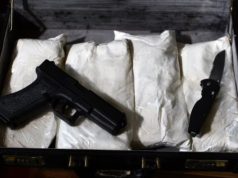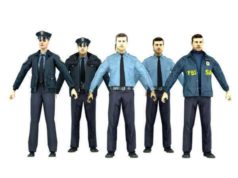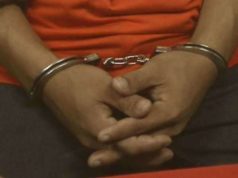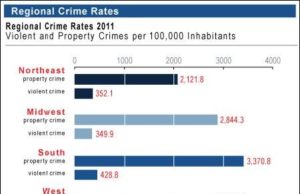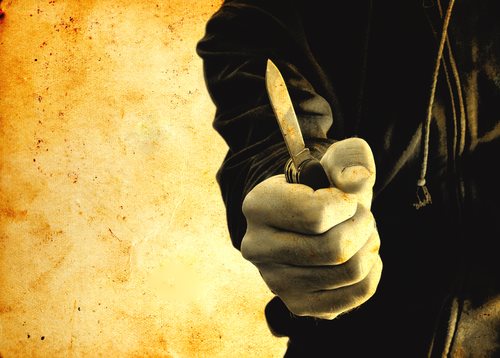
The Aryan Brotherhood is a white supremacist prison gang that has had a long and violent history in the United States. The recent event of 34 Aryan Brotherhood members being charged with racketeering is a significant development in the ongoing fight against organized crime. In this article, we will discuss this event and the implications of these charges.
What is Racketeering?
Racketeering is a broad term used to describe a wide range of organized criminal activities, including fraud, extortion, and money laundering. Racketeering charges can often be brought against an entire organization or group rather than just individual members.
The Charges Against Aryan Brotherhood Members
The recent charges against 34 Aryan Brotherhood members are based on allegations of racketeering, and many members are charged with violent crimes related to the gang’s activities. These charges include drug trafficking, attempted murder, extortion, and other serious crimes.
According to prosecutors, the Aryan Brotherhood has been involved in illegal activities for many years, and this indictment is a significant step towards dismantling the group’s operations. The group’s members are accused of using violence and intimidation to maintain control over their territory and engage in illegal activities.
Implications of the Charges
The charging of 34 Aryan Brotherhood members with racketeering has significant implications for both law enforcement agencies and the U.S. prison system. Though the Aryan Brotherhood has had a long history of being a violent and racist organization, this is one of the most extensive indictments against their members to date.
By bringing these charges, prosecutors are sending a message that organized crime will not be tolerated, and those who engage in such activities will be held accountable for their actions. If successful, this indictment could dismantle a significant portion of the Aryan Brotherhood’s operations and weaken the organization’s influence.
Conclusion
The Aryan Brotherhood has a long and violent history, and charges brought against 34 of its members for racketeering are significant. The indictment sends a message that organized crime will not be tolerated, and those who engage in such activities will be held accountable for their actions. If successful, these charges could weaken the Aryan Brotherhood’s operations and have important implications for law enforcement agencies and the U.S. prison system. While these are all positive developments, it’s important to note that there is still a long way to go in the fight against organized crime.
On November 9, 2012, the Department of Justice reported that 34 members of the Aryan Brotherhood of Texas (ABT) gang were indicted in Houston for federal racketeering charges. Four of the defendants are suspected senior members of the gang, and five of the defendants are still considered fugitives.
Court documents indicate that the gang’s territory was split up into five regions, and each region was controlled by a “general.” The superseding indictment charged the following generals: Terry Ross Blake, aka “Big Terry”; Larry Max Bryan, aka “Slick”; William David Maynard, aka “Baby Huey”; and Charles Lee Roberts, aka “Jive.”
The four “generals” were indicted on federal racketeering charges, and other members were charged with serious crimes like murder, attempted murder, kidnapping, assault, and conspiracy to distribute cocaine and methamphetamine. Ten of the defendants can face the death penalty if convicted, and 24 defendants can receive life in prison for their crimes.
The ABT started in the Texas prison system during the early 1980s. The gang adopted the philosophies of the California Aryan Brotherhood that was formed in the 1960s.
FBI Special Agent in Charge Stephen L. Morris stated: “This multi-year investigation and indictment clearly targets the worst-of-the-worst among the ABT. This effort not only exemplifies the level of effort the FBI and our law enforcement partners will expand to prevent prison gang racism and criminal activity from poisoning our communities. It sends a clear message that we will relentlessly pursue and prosecute the leaders and members of these criminal enterprises regardless of where they lay their heads.”
Members of the ABT were often forced to take “direct orders” from high-ranking members, and the members enforced their authority with murder, attempted murder, arson, assault, robbery, and threats. The Justice Department reports that in order to join the ABT, a member must be sponsored by a current ABT member. If the person is accepted, they are required to serve a term as a “prospect” until members make the person an official member.
Source: Federal Bureau of Investigation


